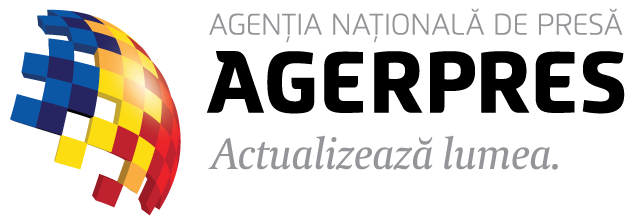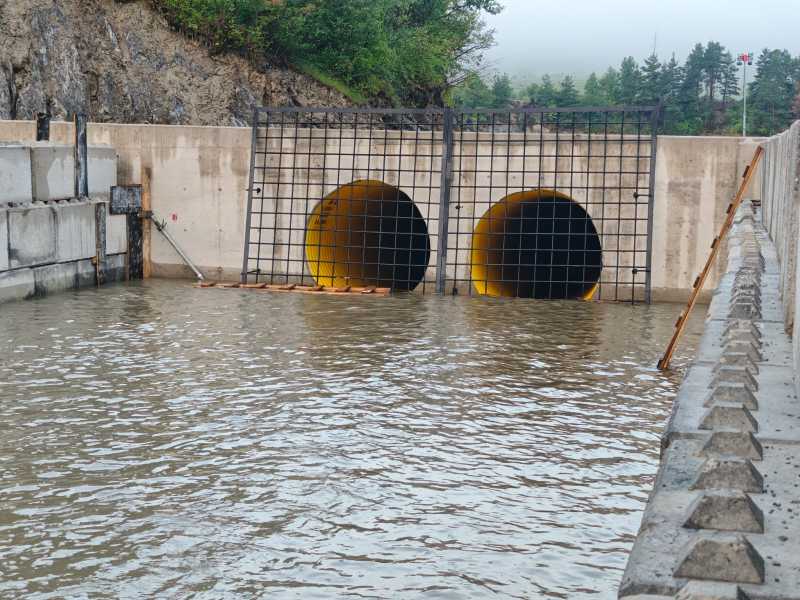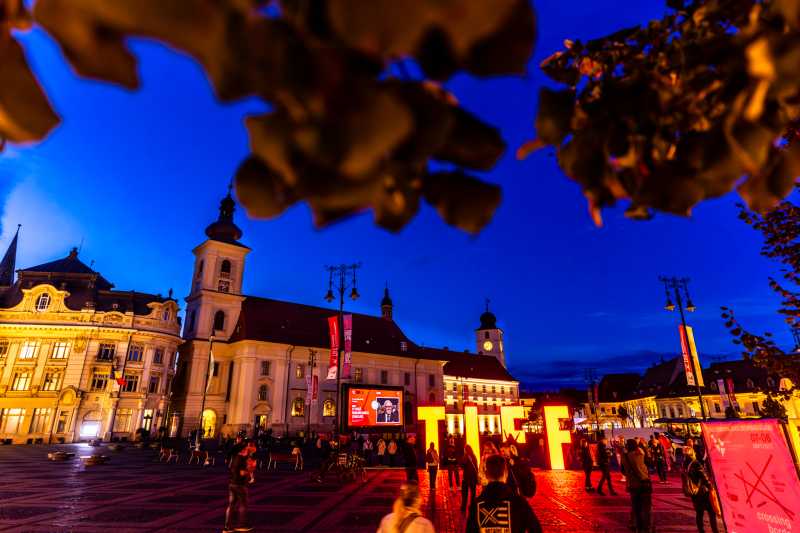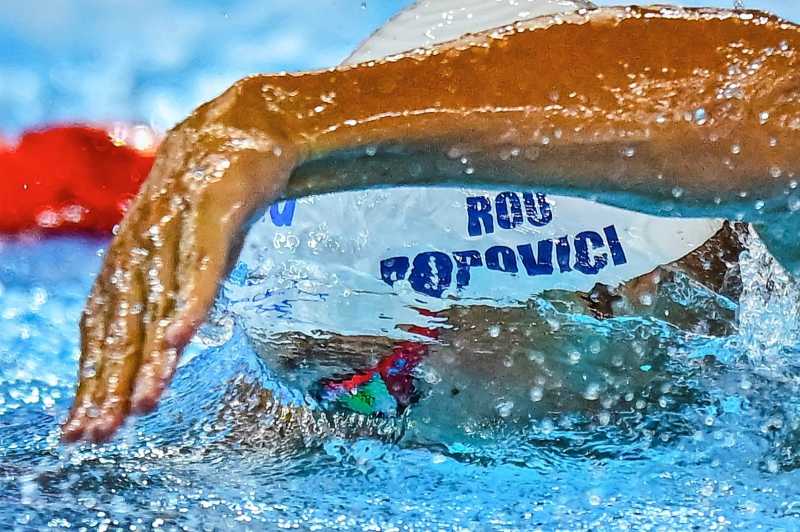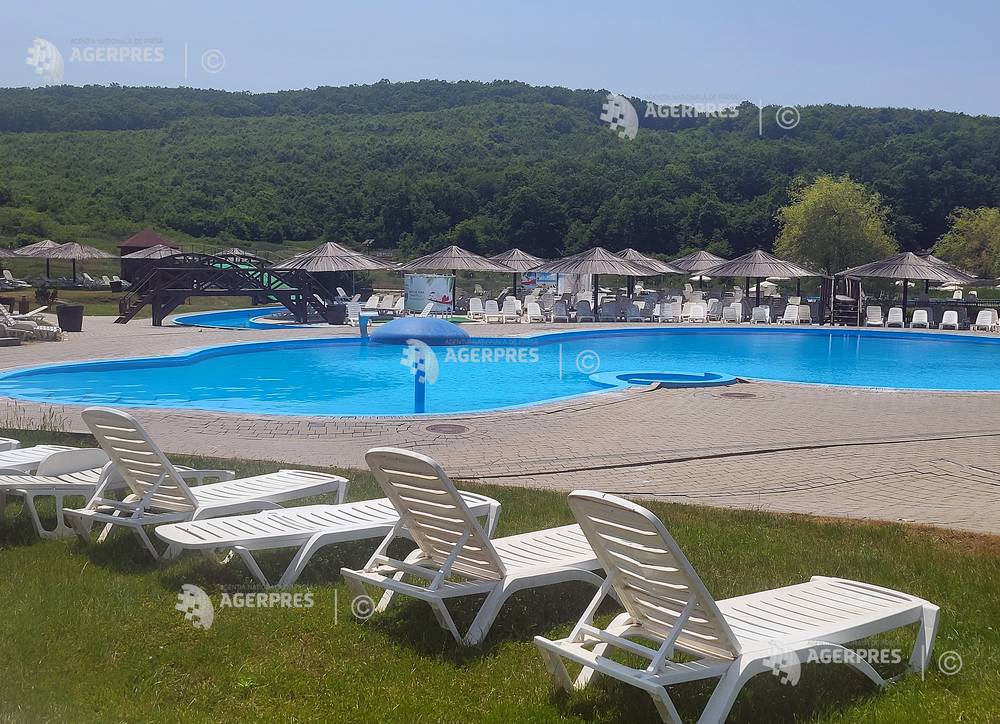To ban or not to ban: EU countries debate social media age limits (enr)

The EU announced a new age verification prototype tool and social media guidelines for minors, but some member states are pushing for tougher rules to better protect kids online.
As online risks for children draw increasing scrutiny across Europe, policymakers are stepping up efforts to introduce stricter age verification rules and protect children online. From EU-level guidelines to national pilot programmes for age assurance technology, the debate over how - and how far - to go is accelerating.
The most far-reaching proposal pushed by several member states, including France and Spain, is to ban children under a certain age from accessing social media altogether.
Proponents say it's necessary to protect children under the age of 15, or 16 in Spain's case, from the harmful effects of social media. They point to studies linking social media to anxiety, depression, and low self-esteem as well as cyber bullying and online predators.
Most social media platforms like Facebook, Instagram, and TikTok set the minimum age to create an account at 13. But in practice, it's easy for even younger children to bypass those rules by simply lying about their age - and many do.
However, a European Commission spokesman made it clear last month that it had no intention of introducing an EU-level age ban, but did leave the door open for national governments to bring in their own legislation if they so wished.
Age verification is coming to five EU countries
That doesn't mean the EU is twiddling its thumbs.
The Commission is testing a prototype of an age verification app which will initially be rolled out in Denmark, France, Spain, Greece and Italy, it announced earlier this month.
Verification should make it possible to anonymously check the age of users without storing personal data such as their name or date of birth.
The long-term plan is to integrate the technology into the digital EU ID card (eID) - a type of official online proof of identity that will be available from the end of 2026.
Romania is also looking at getting stricter on age verification and children's access to social media. It is currently debating a bill aimed at protecting minors from harmful content on Very Large Online Platforms (VLOPs) - platforms or search engines that have more than 45 million users per month.
The proposed legislation would require platforms to implement strict age verification, enable parental controls, issue monthly activity reports to guardians, and swiftly respond to authorities' alerts about harmful content. It targets material inciting violence, promoting eating disorders or self-harm, and exposing minors to nudity or illegal behaviour. Platforms would also be banned from monetising live content featuring minors without consent. Non-compliance could result in fines of up to 3 percent of global turnover. A parliamentary report is due on September 3.
In France there has been a crackdown on minors accessing pornography. France's highest administrative court ruled last week that major pornographic websites like Pornhub and Youporn must implement age verification to block underage access, overturning a previous suspension.
The government has pushed for enforcement under a 2024 law, citing figures showing over half of 12-year-old boys access such sites monthly. Platforms argue the rules breach EU law and raise privacy concerns, proposing tech companies like Apple or Google handle verification. France's regulator instead backs a 'double-blind' third-party system to protect user anonymity.
Denmark wants to lead the way
Denmark, which took over the rotating EU Council Presidency this month, has pledged to prioritise online child protection during its six month term.
'It's hard to imagine a world where kids can enter a store to buy alcohol, to go to a nightclub by simply stating that they are old enough, no bouncers, no ID checks, just a simple ‘Yes, I am over the age of 18',' Danish Digital Minister Caroline Stage Olsen said.
'Children deserve a safe digital childhood. This is one of the main priorities for me during the Danish Presidency. Without proper age verification, we fail to protect children online,' she added.
The EU also published recommendations under the Digital Services Act (DSA) to online platforms to ensure the safety of children and prevent their exposure to dangerous behaviour.
These include removing 'addictive' features such as 'read receipts' which tell users when an individual has seen their message, making it easier for minors to block or mute users and preventing accounts from downloading or taking screenshots of content.
The EU also recommended platforms turn off notifications by default, especially during sleeping hours, limit apps' access to photos or turn off the camera by default.
Another element is online grooming: platforms will have to set minors' accounts as private by default, i.e. not visible to users who are not on their friends list, to minimise the risk of them being contacted by strangers.
Still, some national leaders say more binding measures are needed. Belgian Minister for Digitalisation Vanessa Matz called the guidelines a step in the right direction, but believes the EU should dare to go even further.
'The guidelines only impose strict age verification for platforms offering alcohol, gambling, or pornographic content. For other platforms - even those with a minimum age of 13 or 16 - the Commission restricts itself to recommending age verification, without making it mandatory. However, the Commission is opening the door to true age verification on social media through national legislation,' she said. 'I encourage Belgium to seize this opportunity. This framework will form the basis for the parliamentary debate after the summer, to develop legislation geared to digital challenges.'
Eurochild, a network of organisations promoting children's rights across Europe, argues that age assurance shouldn't be about blocking kids from social media, but identifying when a child is using a platform and tailoring protections to their needs and used as part of a wider toolbox to protect children online.
'So for us, in general, bans don't work. In general from the practical side because the technology, the age assurance technology is not there yet, but also it goes against children's rights overall,' Fabiola Bas Palomares, Lead Policy and Advocacy Officer Online Safety at Eurochild, said last month before the latest guidelines from the EU had been announced.
'Right now the debate is really focused on safety and these bans come from a place where policymakers are a little bit tired of online platforms not complying and not really providing that safety that they are supposed to do by law.'
She argues that children have a right to access information and to play and that the focus should be on identifying and addressing the harms children face online by making platforms comply with the DSA rather than an outright ban.
Phone bans in school are also on the table
Several member states are also targeting children's screen time at school.
At the beginning of July, the Slovenian National Assembly passed changes to the Primary School Act restricting the use of electronic devices during teaching time in schools. Mobile devices will be permitted only when educationally essential.
Approved without a vote against, the changes also introduce IT as a compulsory subject. The new compulsory IT and digital technologies subject for year 7 pupils - Slovenian primary school has a nine-year programme - aims to provide foundational digital literacy.
In Bulgaria, the Ministry of Education is pushing to ban phones in schools outright, citing the impact on learning, attention spans, and children's cognitive and emotional development. The proposed legislation, which would allow devices only for educational or medical use, is pending parliamentary approval.
As European countries experiment with different approaches, one thing is clear: the race to protect children online is accelerating and the outcomes may reshape digital childhoods across the continent.
Fact-check: Children under 14 won't be fined for using a phone
A TikTok video in German claims that smartphones could be banned by law for all children and adolescents under the age of 14 from April 2025. The video claims they will be fined 500 Euro if they are caught using one in public or in school.
The factchecking team at dpa has debunked the claim. The German Ministry of Justice confirmed there is no such law and in any case children under 14 cannot be fined in Germany.
The content of this article is based on reporting by AFP, Agerpres, ANSA, Belga, BTA, dpa, EFE, STA, as part of the European Newsroom (enr) project. AGERPRES (editing by: Simona Klodnischi)
The content of the www.agerpres.ro website has the exclusive purpose of public informing.
All the information published on this website by AGERPRES is protected by relevant legal dispositions.
It is forbidden to copy, reproduce, recompile, decompile, distribute, publish, display, modify, create derived components or products or full services, as well as any exploitation of the site's content.
Details in the section Terms of Use. If you are interested in picking up AGERPRES news items, please contact the Marketing Department – [email protected].
The use of the Comments section entails your obligation to respect the AGERPRES terms and conditions in regards to the publishing of comments on the www.agerpres.ro.
Other news in category
Builders finalise Corund stream diversion works near Praid flooded salt mine
Works to fully divert the Corund stream through a corrugated pipe system installed in the Praid area - Harghita County were completed on Monday in a one-off project designed for handling the emergency situation generated by the flooding of the local salt mine. Investment director of the National Salt Company, Nicolae Sebastian Soltuz, declared that the water w
Senate's head Abrudean says time has come to definitively close era of privileges
The President of the Senate, liberal Mircea Abrudean, believes that Romania needs stability through courageous reforms, stating that ''the time has come to definitively close the era of privileges''. 'I support the steps announced by Prime Minister Ilie Bolojan, both regarding the reform of special pensions and the streamlining of state-own
Historical-military reenactments, ceremonies honoring national heroes, at the Arch of Triumph, August to December
Historical-military reenactments and ceremonies honoring national heroes will take place from August to December at the Arch of Triumph in the Romanian capital. According to a press release sent to AGERPRES on Tuesday, the Cultural Center 'Brancoveanu Palaces at the Gates of Bucharest' and the Military Tradition Association (a Romanian reenactment grou
Camelia Potec elected to World Aquatics Executive Board
At the World Aquatics Congress in Singapore, where the World Swimming Championships are taking place these days, president of the Romanian Swimming and Modern Pentathlon Federation (FRNPM) Camelia Potec was elected on July 29 to the World Aquatics Executive Board. ''It's a moment of joy for me. It wasn't a personal ambition, but a mission I emb
TIFF returns to Sibiu, August 7-10, with open-air screenings, Romanian film premieres, special guests
The 19th edition of the Transilvania International Film Festival (TIFF) returns to Sibiu from August 7 to 10, featuring open-air screenings in Piata Mare (Large Square) - with free admission, and film events hosted at CineGold and the German Forum, informs a press release. This year's program includes a mix of international titles and the latest Romanian p
Bolojan: Listing of some state-owned companies on stock exchange will begin this year
The listing of some state-owned companies on the stock exchange will begin this year, Prime Minister Ilie Bolojan declared on Tuesday, specifying that, very likely, in the first week of August, information regarding this process will be made public. 'The stock exchange listing will begin this year, but it's not like a press conference that you announce
President Dan in contact with authorities managing flood response in Moldavia
President Nicusor Dan announced on Tuesday that he is in contact with the authorities responding to the flood-affected areas in Moldavia to ensure that all those impacted receive the necessary support. 'I am deeply saddened by the loss of lives and the destruction caused in entire communities by the devastating floods in Moldavia. My thoughts are with the
Magistrates' pensions should be capped at maximum of 70% of last net salary, says PM Bolojan
A magistrate's pension should be capped at a maximum of 70% of their last net salary, rather than the current 80% of the gross salary, Prime Minister Ilie Bolojan told a press conference held Tuesday at the Victoria Palace, where he presented a series of proposals regarding magistrates' pensions. 'With regard to the pension amount, most countries c
UPDATE Gold in men's 200m freestyle for David Popovici at World Aquatics Championships - Singapore 2025
Romanian swimmer David Popovici, the reigning Olympic champion, won the gold medal in the men's 200-meter freestyle event on Tuesday at the World Aquatics Championships - Singapore 2025. At just 20 years old, Popovici clinched victory with a time of 1 minute 43.53 seconds, on the very day of Romania's National Anthem. David Popovici, who
MAI reports disinformation campaign according to which PM announces Romania entering war
The Ministry of Interior (MAI) reports the existence of a campaign spreading false information, through which videos created using artificial intelligence programmes are presented as genuine, which show Prime Minister Ilie Bolojan announcing Romania's entry into war as of September 2025. 'These videos are fake and are part of a deliberate attempt to ma
National Anthem Day/President Dan: Romania contributes significantly to European and Euro-Atlantic security
Romania, which is on the first defence line of the Eastern Flank of the North Atlantic Treaty Organization (NATO), contributes 'significantly' to the European and Euro-Atlantic security, president Nicusor Dan underscored in a messaged on the National Anthem Day. 'We are living troubled times, with many challenges, conflicts, and instability, with a
Eight out of ten Romanians to pay for their holiday exclusively from their own savings
Last year's price increases and economic instability have led Romanians to adopt a more conservative attitude towards non-essential expenses, including vacations, according to the results of a survey conducted by tbi bank. According to the research, at national level, over 75% of Romanians say they will finance their vacation this year exclusively from per
International scientific photography exhibition 'Fotciencia' to take place in Oradea, August-October
An international scientific photography exhibition, 'Fotciencia', will take place in Oradea, as of August 2 until the end of October. According to a press release from Oradea Heritage, the organizer, the exhibition arrives in Oradea as part of Neo Art Connect - the only annual art and science event in Romania - and is organized by Oradea Heritage toget
Romania claims bronze in men's team sabre at World Fencing Championships in Tbilisi
Romania's men's sabre team won the bronze on Monday at the World Fencing Championships in Tbilisi, Georgia, after defeating Japan 45-41 in the match for the third spot. Team Romania (Radu Nitu, Vlad Covaliu, Razvan Ursachi, George Dragomir) outperformed on Sunday Venezuela 45-23 in the first round, and defeated Russia on Monday 45-38 in the round of 16
Industrialists' umbrella organisation asking Gov't to immediately revise expert team coordinated by outgoing Deputy PM
In reaction to Deputy Prime Minister Dragos Anastasiu's announcement that he is resigning office, the General Union of Romanian Industrialists UGIR-1903 asked the government to urgently revise the entire team that was under the coordination of the outgoing official, and also conduct a thorough assessment of all the other members of the current Executive that 'managed
